Polling suggests the German federal elections on 23 February could produce a fragmented outcome. Valentin Kreilinger argues the time when Germany could act as a source of political stability for the EU now appears long gone.
Germany’s federal elections on 23 February will be a crucial moment for the country. The elections were called following the collapse of the traffic-light coalition of the Social Democrats (SPD), Greens and Free Democrats (FDP) in November 2024. The German political landscape is getting more fragmented, making it difficult to predict the election outcome and the composition of the next government.
The traffic-light coalition faced numerous challenges during its tenure, including Russia’s war against Ukraine, an energy crisis, high inflation and an economic recession. These issues led to internal conflicts, culminating in Chancellor Olaf Scholz sacking Finance Minister Christian Lindner and the coalition’s eventual collapse. Scholz subsequently lost a vote of confidence in December 2024, prompting the snap election.
Germany and Europe
European issues have historically not been a major focus in German federal elections, and this trend continues in 2025. While the EU is discussing economic recovery, increased spending and strengthened defence, the mainstream German parties have narrow differences on these issues. The far-right Alternative für Deutschland (AfD) stands out with its anti-EU stance and is currently the second-largest party in opinion polls.
Germany’s EU policy has been characterised by both continuity and change. The Merkel governments (2005-2021) and the Scholz government did not take decisive positions on EU policy. The traffic-light coalition’s internal divisions led to indecisiveness and disrupted the EU’s consensus-oriented legislative process, prompting some to argue that it was breaking because of Germany. Examples are phasing out the combustion engine, the supply chain directive, the asylum and migration pact, and tariffs against electric vehicles from China. The next government will need to repair this damage and improve its internal EU coordination.
Friedrich Merz, the candidate of the Christian Democratic Union (CDU) and Christian Social Union (CSU), is the frontrunner for Chancellor, but coalition negotiations will be crucial in determining the next government. In the German political system, building a stable governing majority is key, as minority governments are rare.
Figure 1: German federal elections since 1949
Note: Author’s own elaboration. Data for 1949-2021 from Wahlrecht.de, 2025 current poll average calculated with Infratest dimap (ARD) of 6 February 2025 and Forschungsgruppe Wahlen (ZDF) of 7 February 2025, obtained from Wahlrecht.de.
Current opinion polls put the CDU/CSU in first place, followed by the AfD, with the SPD and Greens close behind. The Left Party stands just above the 5% threshold. The emergence of Bündnis Sahra Wagenknecht (BSW), a left-wing populist and pro-Russian party that is struggling to pass the 5% threshold, has further complicated the political landscape. The FDP is also not certain to pass the 5% threshold. The German party system has become more fragmented over the past decades with a shift to the extreme right in recent years (see Figure 1).
Uncertainty ahead
The new government will face pressing European issues and domestic challenges with European implications. These include fiscal and economic policies, infrastructure and defence spending, support for Ukraine and relations with the Trump administration. Germany will need to increase defence spending and use subsidies to support the green transition while respecting the debt brake or trying to reform strict borrowing rules.
Public opinion in Germany is currently focused on immigration and refugees, the economy, foreign policy issues, the environment and social injustice. Trust in the European Union is relatively high, with 49% of Germans expressing trust in the EU, closely behind the EU-wide average of 51%.
The main political parties have different priorities in domestic, European and international affairs. The SPD focuses on family, pensions and wages. The CDU/CSU emphasises competitiveness, the economy and migration. The Greens advocate for distributive justice, climate protection and their EU vision of a “Federal European Republic”.
The FDP calls for an economic turnaround, strategic sovereignty and reforms. The AfD pursues an anti-migration and anti-EU course and opposes support for Ukraine. The Left Party focuses on social justice, peace and housing, while the BSW emphasises the economy, peace and social justice, while opposing EU centralisation and enlargement.
Possible outcomes
Different coalition scenarios are conceivable, above all a grand coalition (CDU/CSU + SPD) and a black-green coalition (CDU/CSU + Greens), although both potential coalition partners of the CDU/CSU criticised Friedrich Merz at the end of January for breaking his pledge not to rely on AfD votes in the Bundestag.
If these coalitions fall short of a majority and the FDP passes the threshold, a Jamaica coalition (CDU/CSU + Greens + FDP) or a Germany coalition (CDU/CSU + SPD + FDP) are options. Decisions on the EU and public finances would be even more complicated in these coalitions because of the FDP. A new traffic-light coalition can be excluded due to broken trust and policy differences.
Each of these coalitions would have different implications for Germany’s EU policy. The grand coalition would likely produce centrist lowest-common denominator compromises, while the black-green coalition would face more challenges due to highly differing views on migration and other issues.
In addition, the country’s regional governments with their motley coalitions are represented in the Bundesrat, which participates directly in federal decision-making. The next federal government will not have an outright majority in the Bundesrat, necessitating negotiations with the opposition for many legislative files, including EU dossiers.
No longer a source of stability
Germany’s role in the EU is becoming even more important in the context of its “Zeitenwende” (turning point) after the Russian invasion of Ukraine and Donald Trump’s return to the White House. The next Chancellor will be expected to lead at the EU level. Among the two main candidates, Olaf Scholz has executive experience, while Friedrich Merz has a business background but no government experience.
The current minority government is a caretaker government and cannot agree on new joint financing or borrowing at a time when the EU’s new institutional cycle has started, and decisive European responses are needed. But the coalition negotiations could take several months, and the Chancellor is not expected to take office before late spring 2025. The party affiliation of the Chancellor will influence the political balance in the European Council. The CDU/CSU’s return to power would align with the current political landscape in the EU.
What is clear is that the German election will have significant implications for the EU. The composition of the governing coalition will determine how Germany addresses pressing European issues and domestic challenges with European implications.
But the election outcome is uncertain, and the political landscape is fragmented, making it difficult to predict the future direction of German EU policy. Germany’s role as a source of political stability and predictability for the EU may thus face even greater challenges in the coming years.
For more information, see the author’s European Policy Analysis “Germany votes – will its EU policy change?” for the Swedish Institute for European Policy Studies (SIEPS).
Note: This article gives the views of the author, not the position of EUROPP – European Politics and Policy or the London School of Economics. Featured image credit: European Union







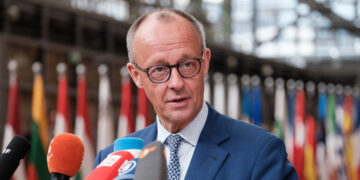



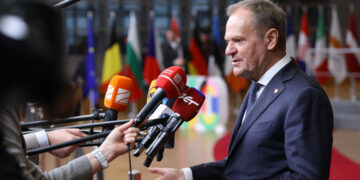
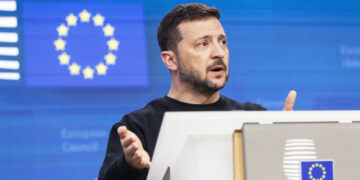










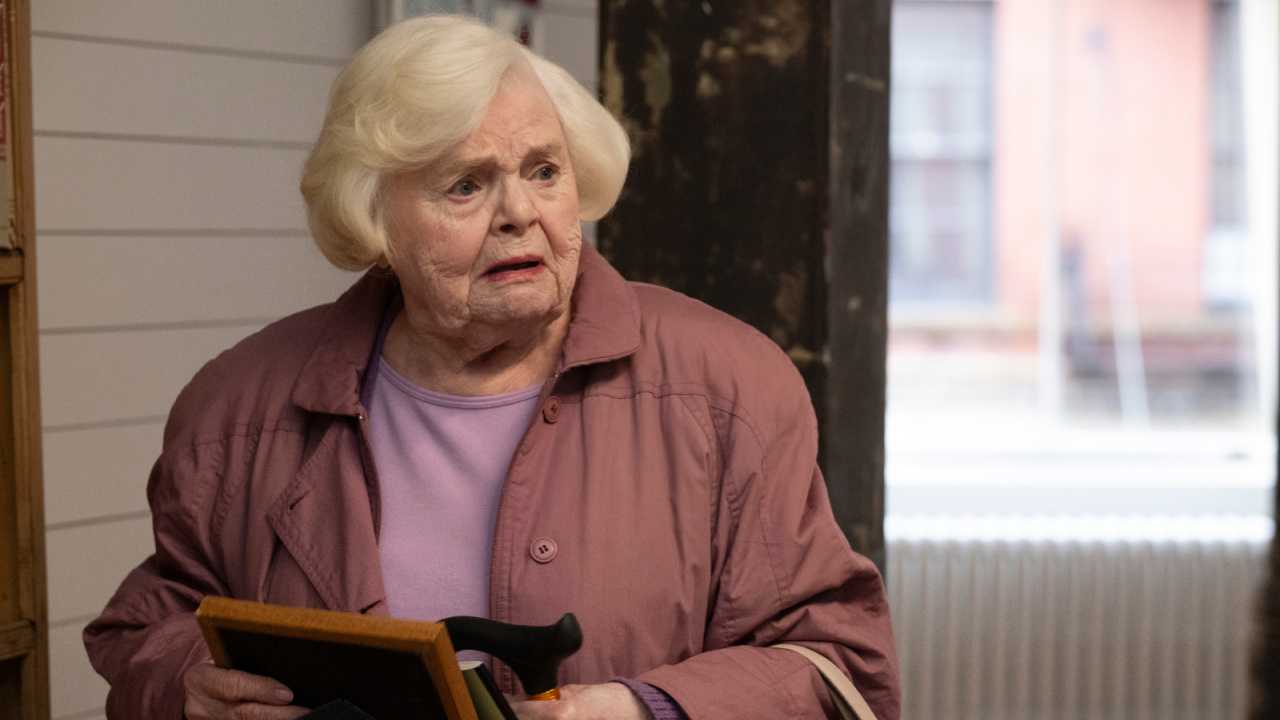



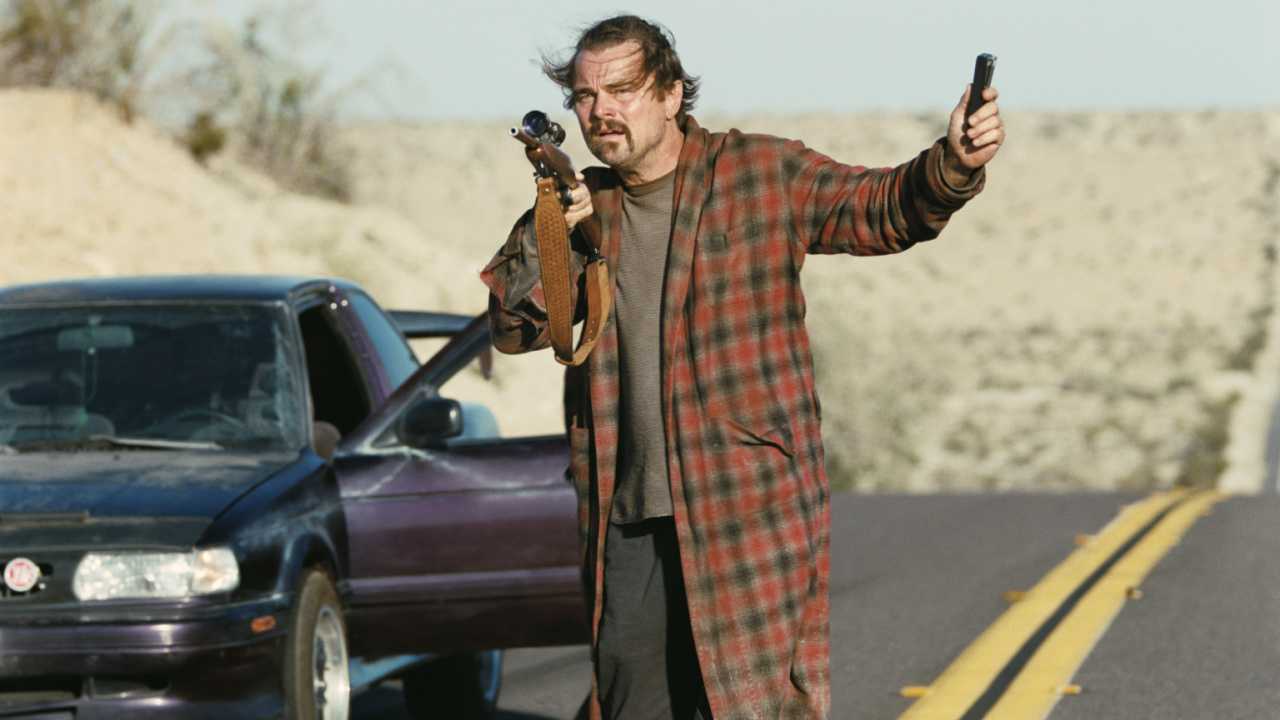











Discussion about this post